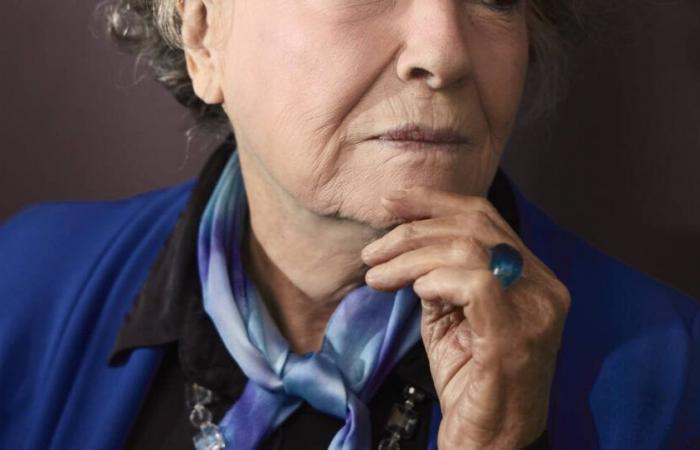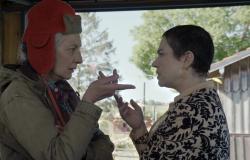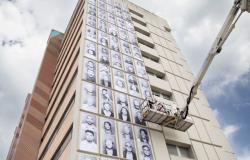How to explain that this book is only published now, more than eighty years after what you have experienced ?
It took me a while to write it. I started it several years ago, but every time, I stopped because it was painful to return to these experiences. Then, three years ago, this atmosphere of war which was settled prompted me to quickly finish this book. It is more important to give a testimony than to speak with generalities of war or opposition to it. Everyone is against war, but testifying to how a child can experience a conflict and how he gets out in a concentration camp is something else, a necessity. So I forced myself to complete this story. And, strangely, while I feared to face my own pain, I realized that it did me good, a little in the Freudian way: instead of suffering more, I felt a form of liberation to talk about the camp in Japan.
The trigger for this book is therefore the return of war in Europe, with the invasion of Ukraine by Russia ?
Yes, the war in Europe, but also that in the Middle East, in Gaza, since October 7. There is now a culture of hatred, aggressiveness. What drives Netanyahu is revenge. But the characteristic of civilization and democracy is to go beyond revenge and apply justice, not to






